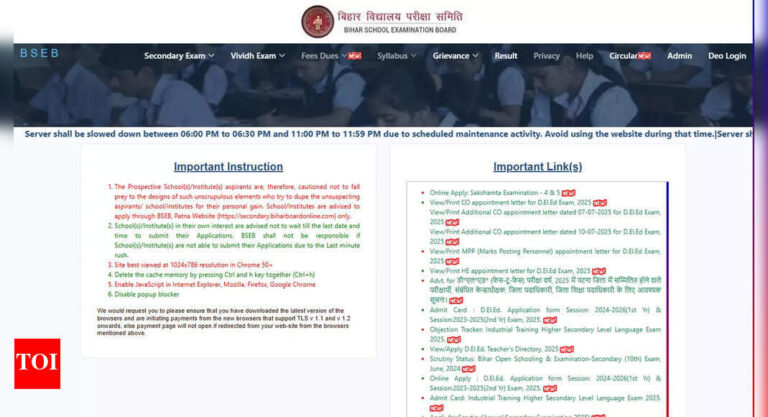
More than 20 US states have taken legal action against the Trump administration over a major freeze in federal education funding. At the center of the controversy is a halt on billions of dollars meant for after-school and summer learning programs that serve over 1.4 million children, many from low-income or underserved communities.Here’s a breakdown of what the lawsuit is about, who it affects, and why it matters right now.
What triggered the lawsuit?
The Trump administration recently froze education grants allocated through the 21st Century Community Learning Centers (21CCLC) program. These grants were approved by Congress and signed into law during Trump’s presidency. The funds were meant to support a range of services: After-school tutoring, enrichment programs, child care, and summer learning.According to the states involved in the lawsuit, the freeze violates federal law because the funding was already authorized and appropriated. The administration’s justification for the pause is to review whether the programs align with federal policy priorities, but critics say the freeze lacks legal basis and disrupts essential services.
Which programs are affected?
The funding freeze directly impacts programs operated by organizations like the Boys & Girls Clubs of America, the YMCA, and Save the Children, as well as local school districts across the country. These programs provide:
- Academic tutoring
- STEM and literacy support
- Mental health services
- Safe child care for working families
- Civic, arts, and life skills activities
Many of these services are targeted at low-income, rural, and immigrant communities, where educational support outside of school hours is critical for learning outcomes and family stability.
What’s at stake for families and educators
The funding supports not just after-school supervision but a wide range of services, including academic tutoring, mental health support, and STEM education. Losing access to these programs could leave families without affordable childcare options and force schools to lay off staff or cancel enrichment activities.Some states have stepped in with emergency resources to keep summer programs running temporarily. However, many education leaders warn that without federal funds, fall programming is likely to collapse in several regions.
The broader implications of the lawsuit
This legal battle raises larger questions about the balance of power between the federal government and states in education policy. At its core, the case challenges whether a presidential administration can override or delay funding decisions that have already passed through the legislative process.The outcome of this lawsuit could shape not just the fate of after-school programs for the coming year but also set a precedent for how future education funding is administered and protected.TOI Education is on WhatsApp now. Follow us here.








